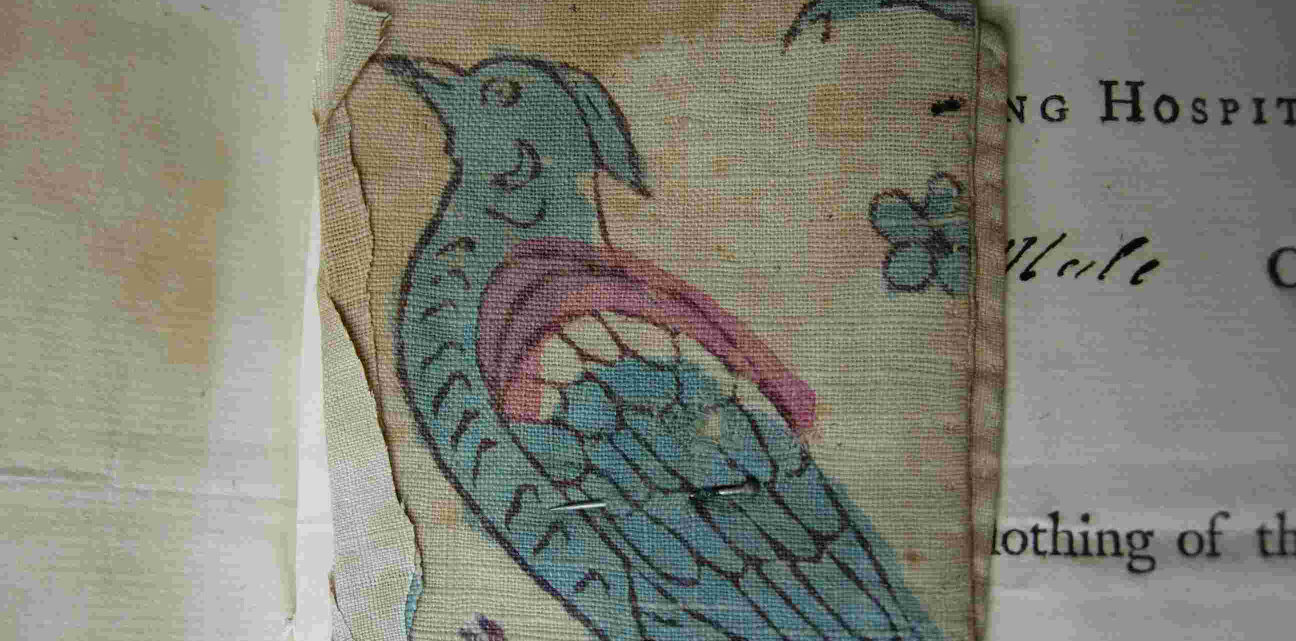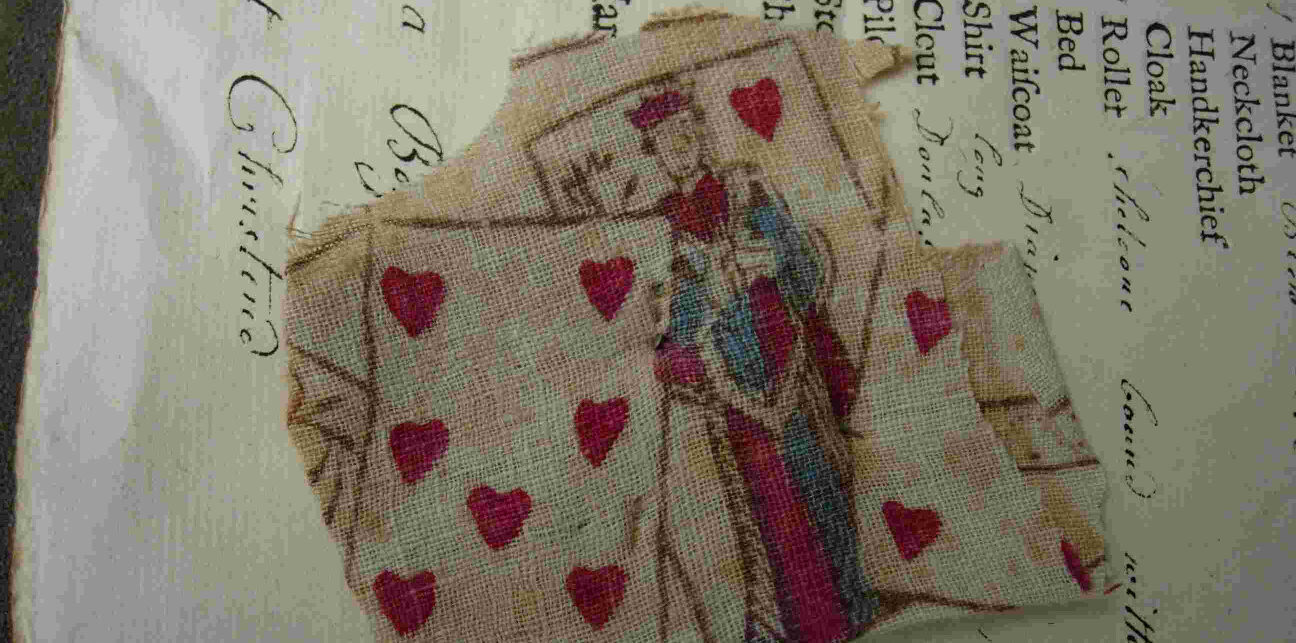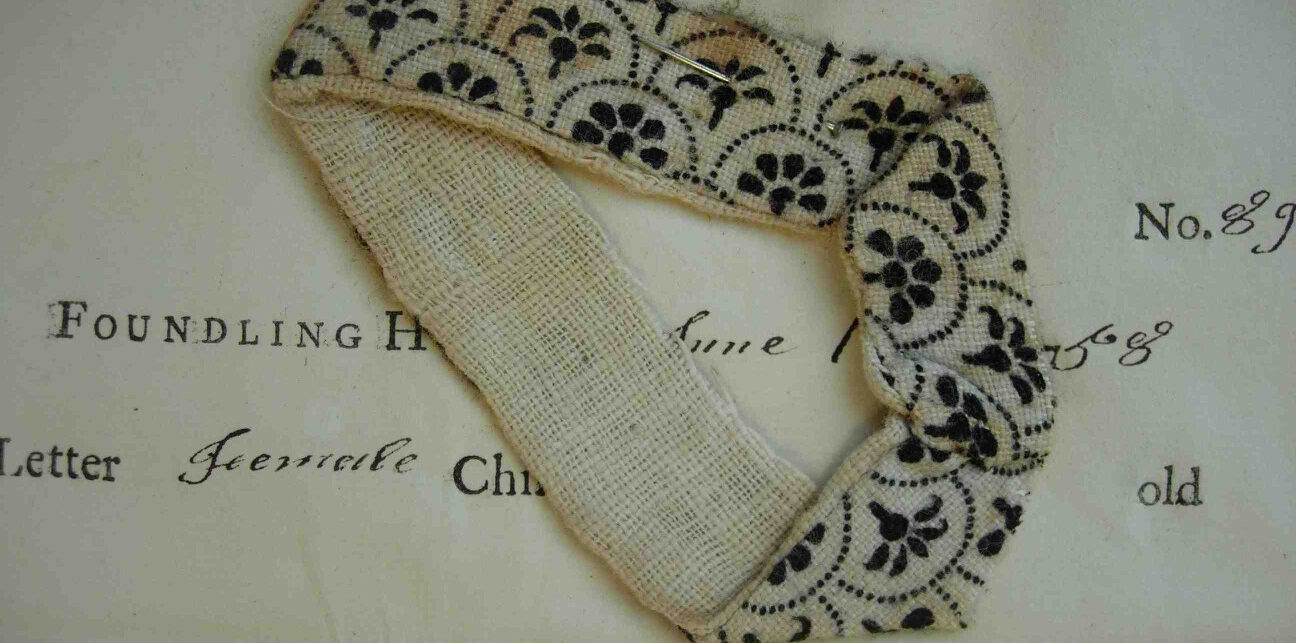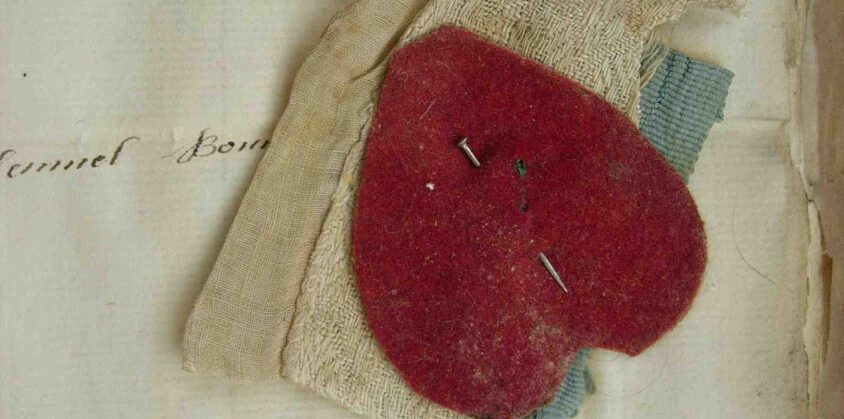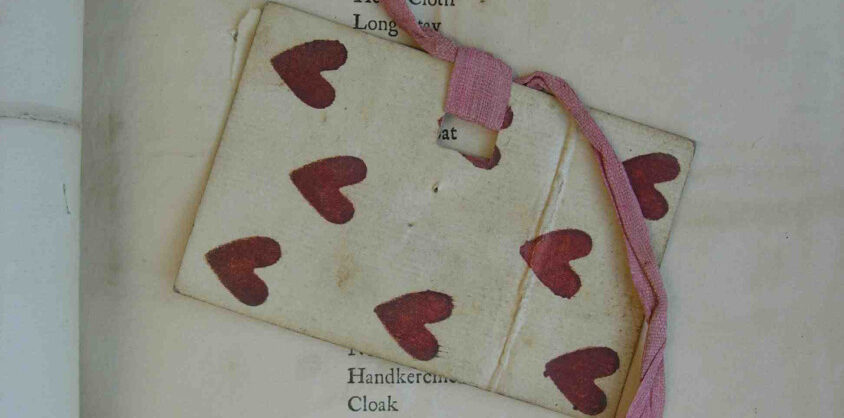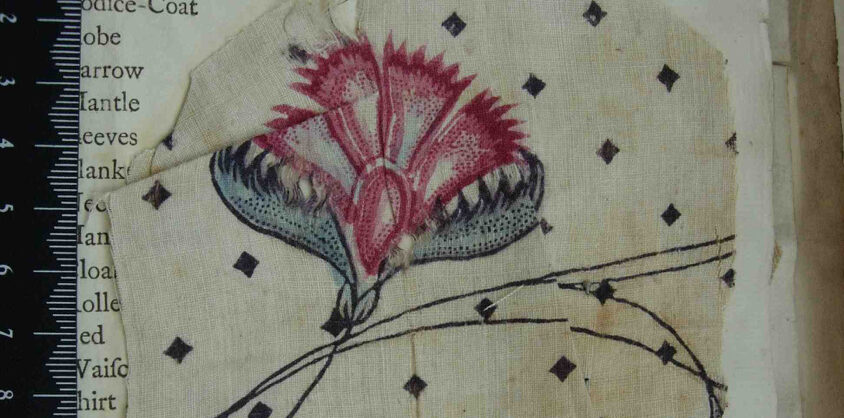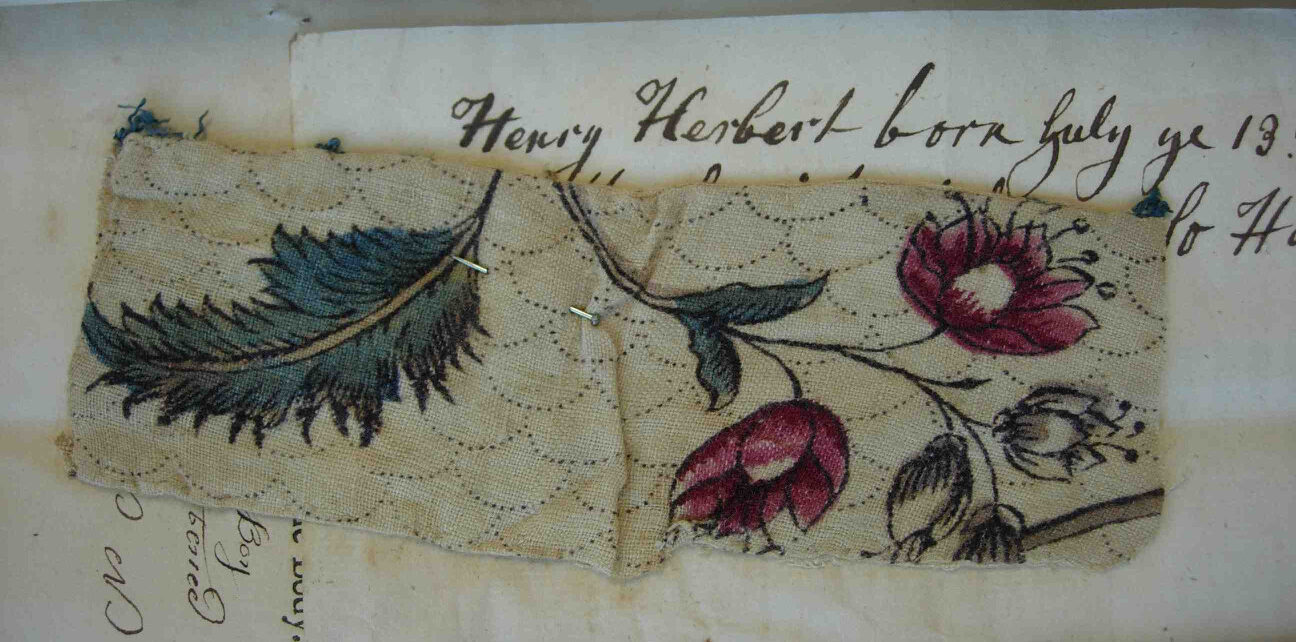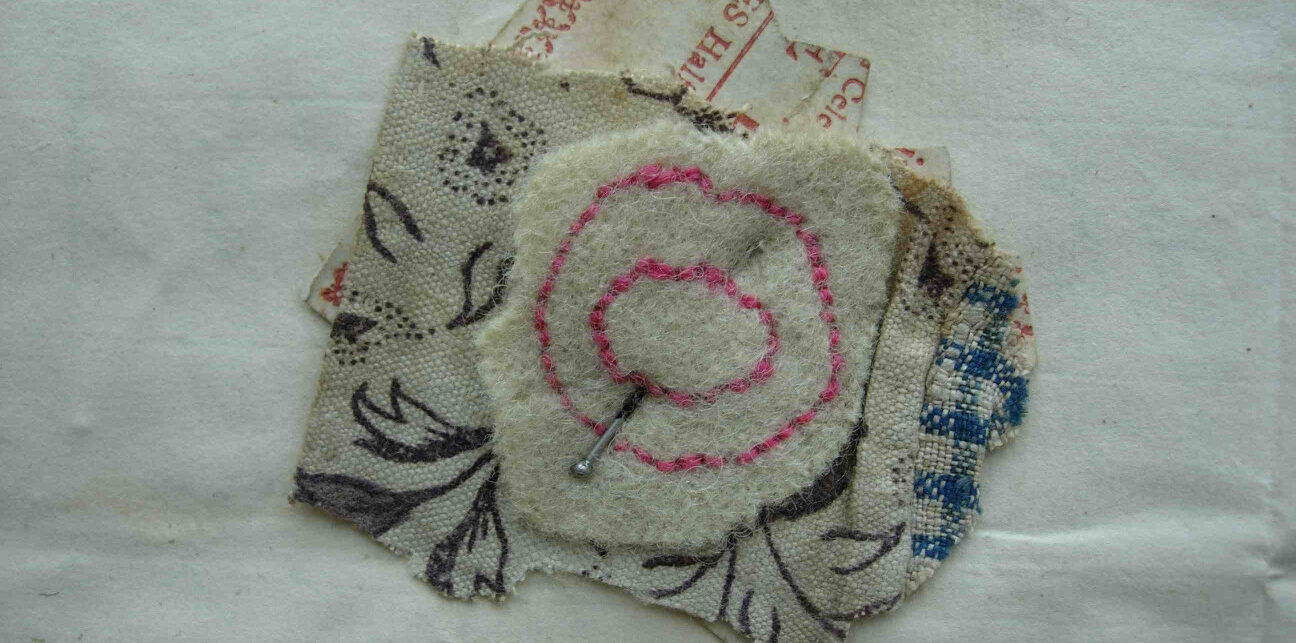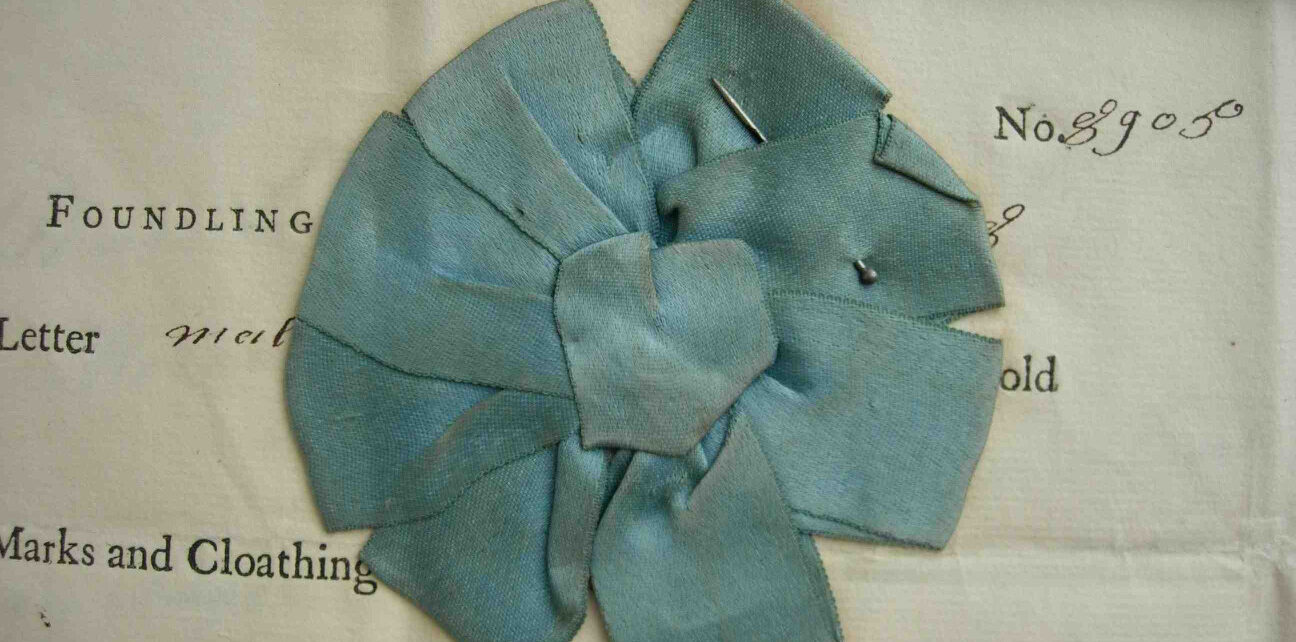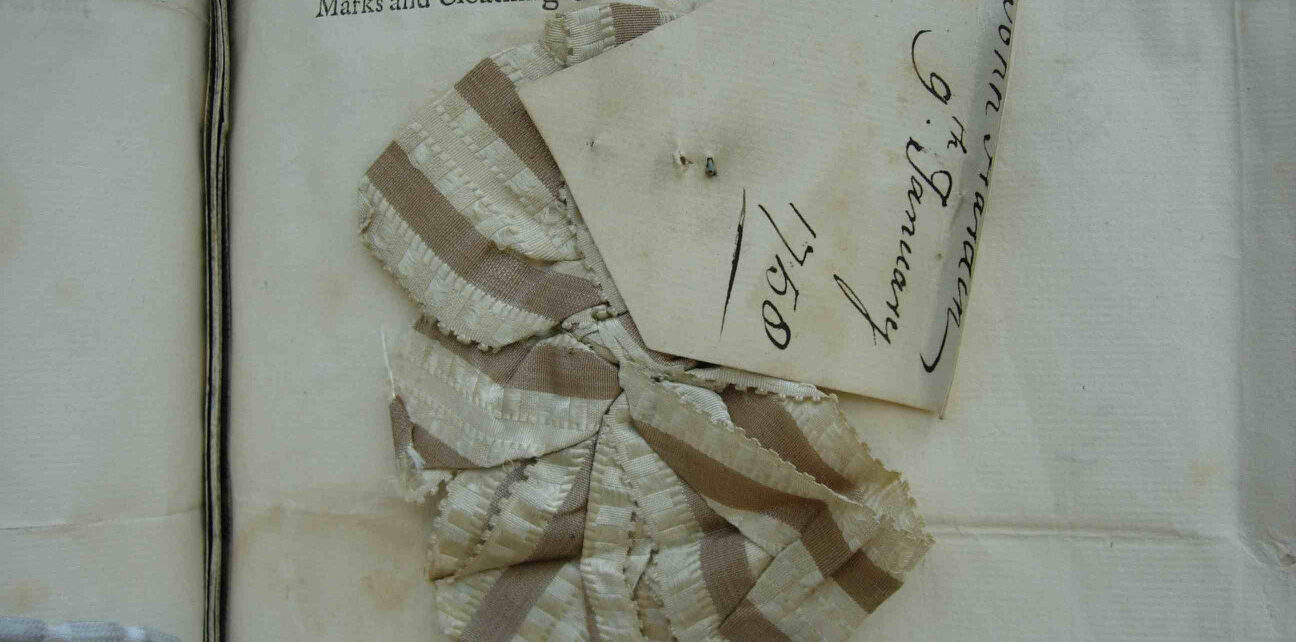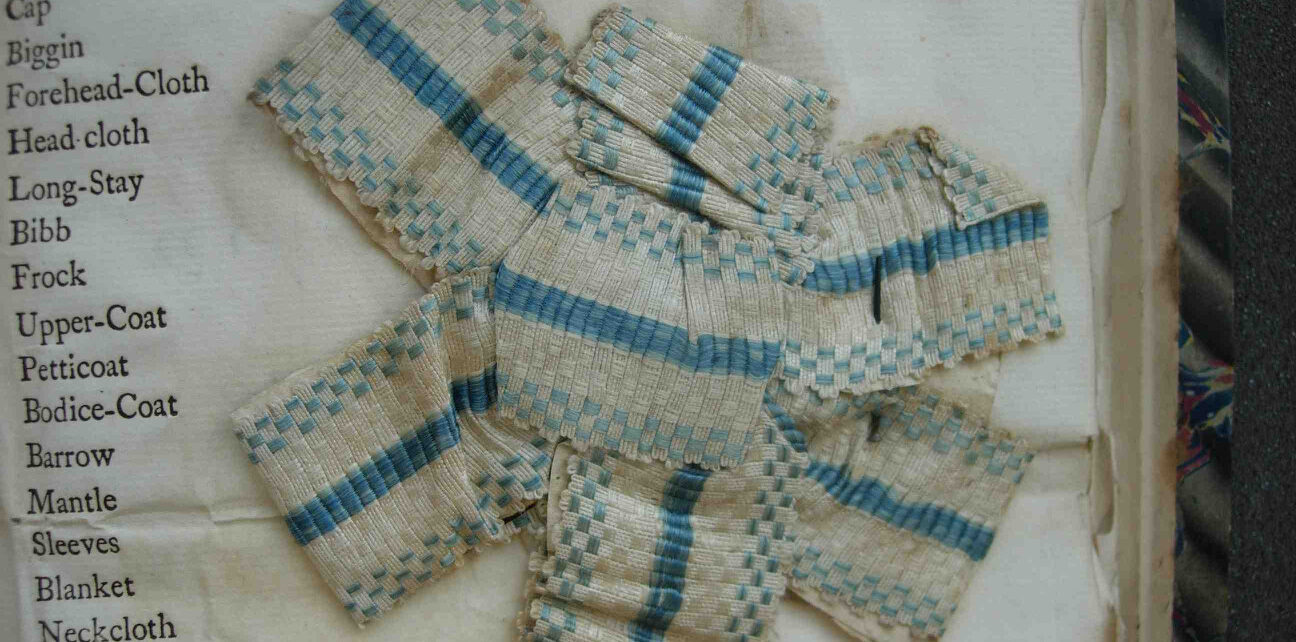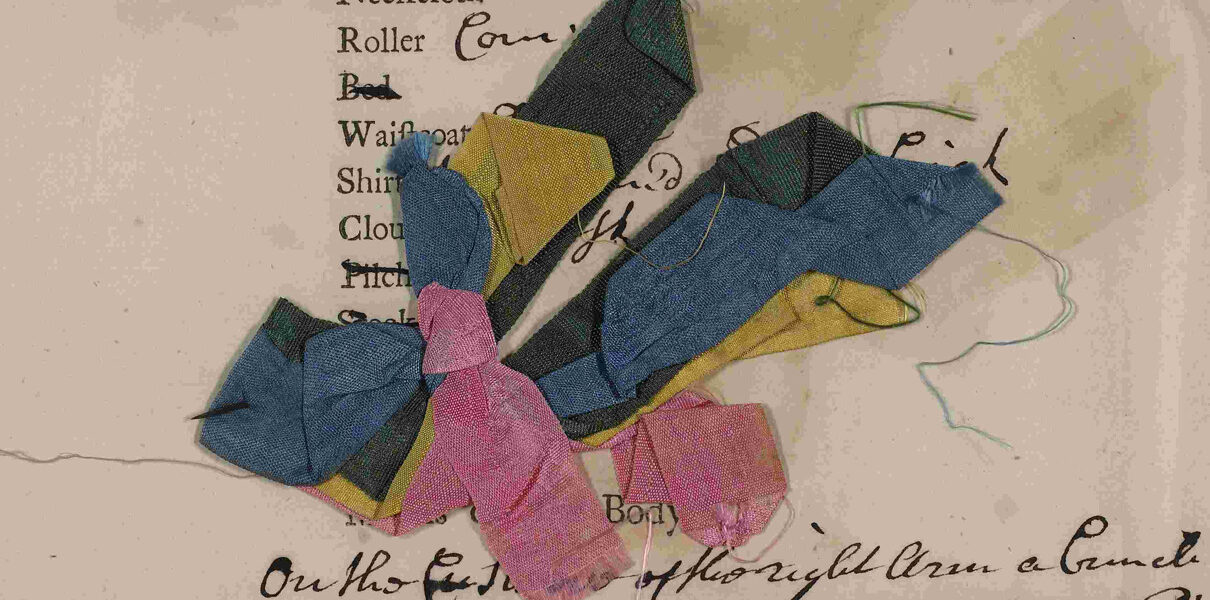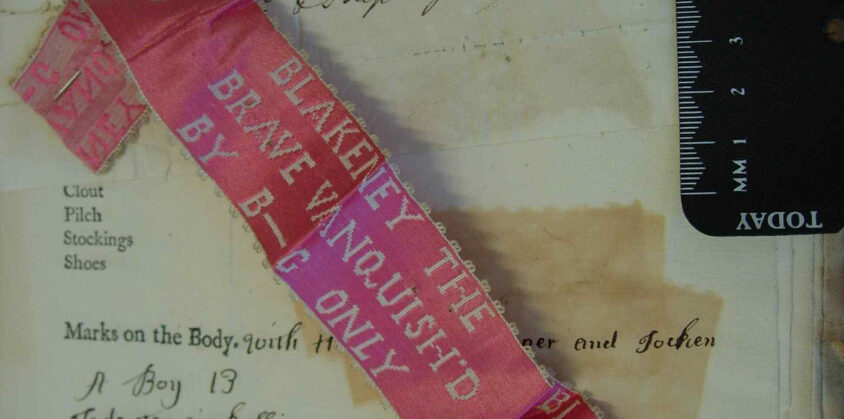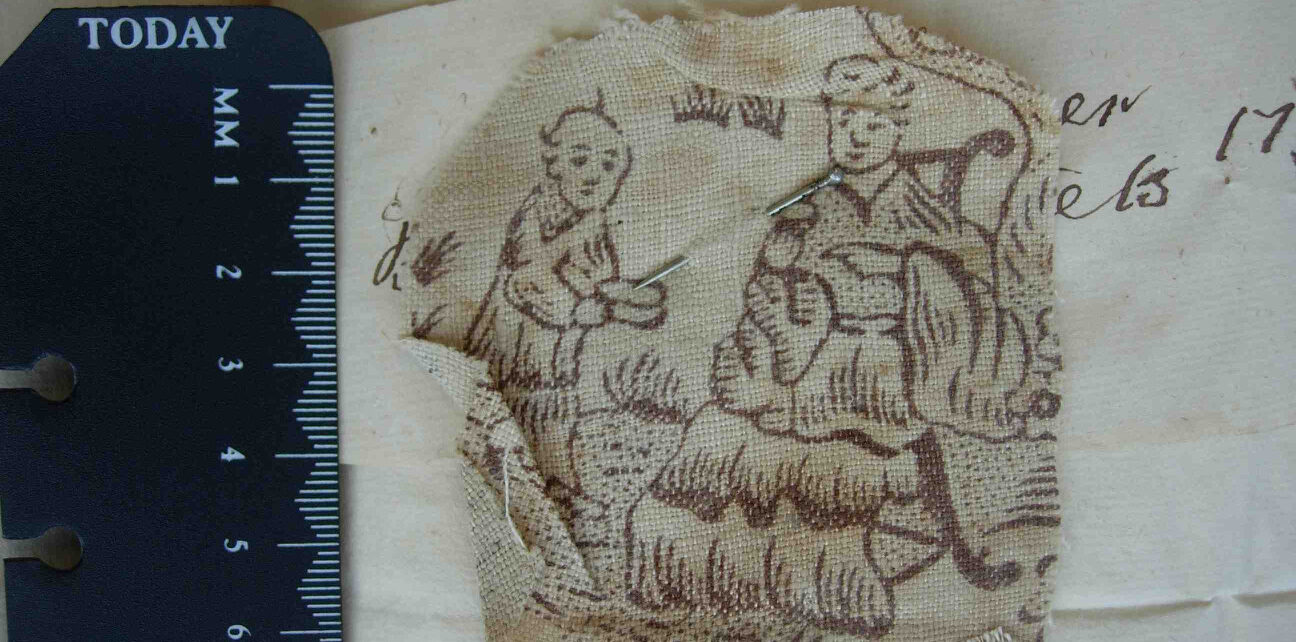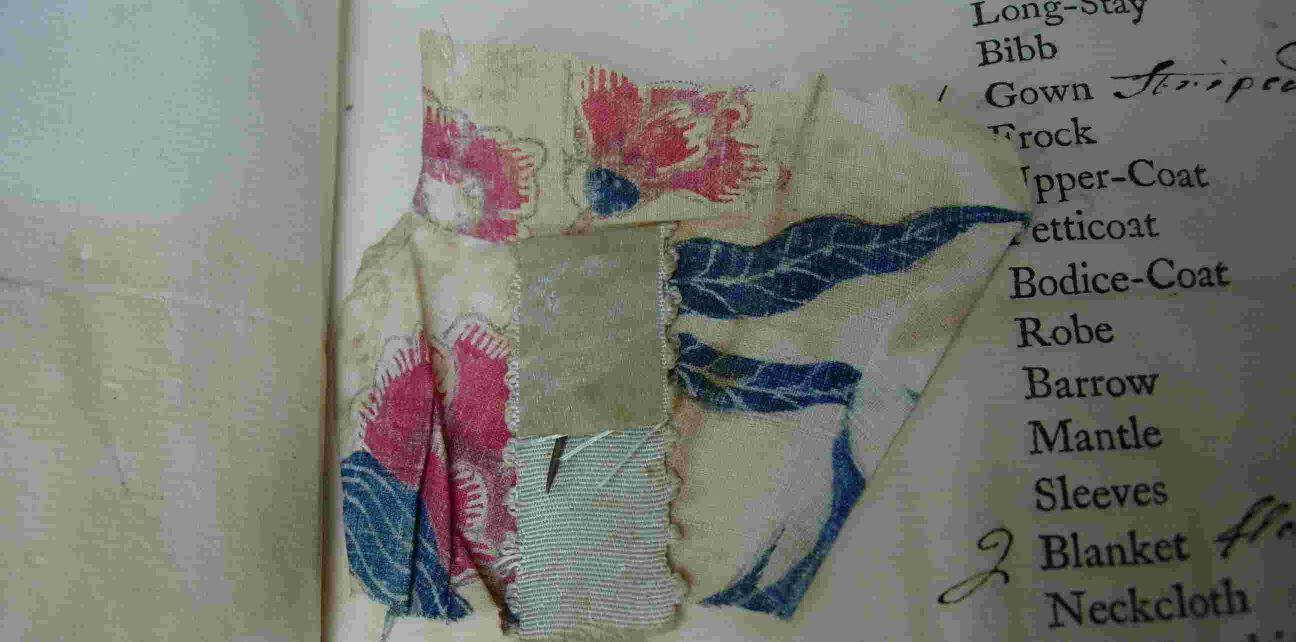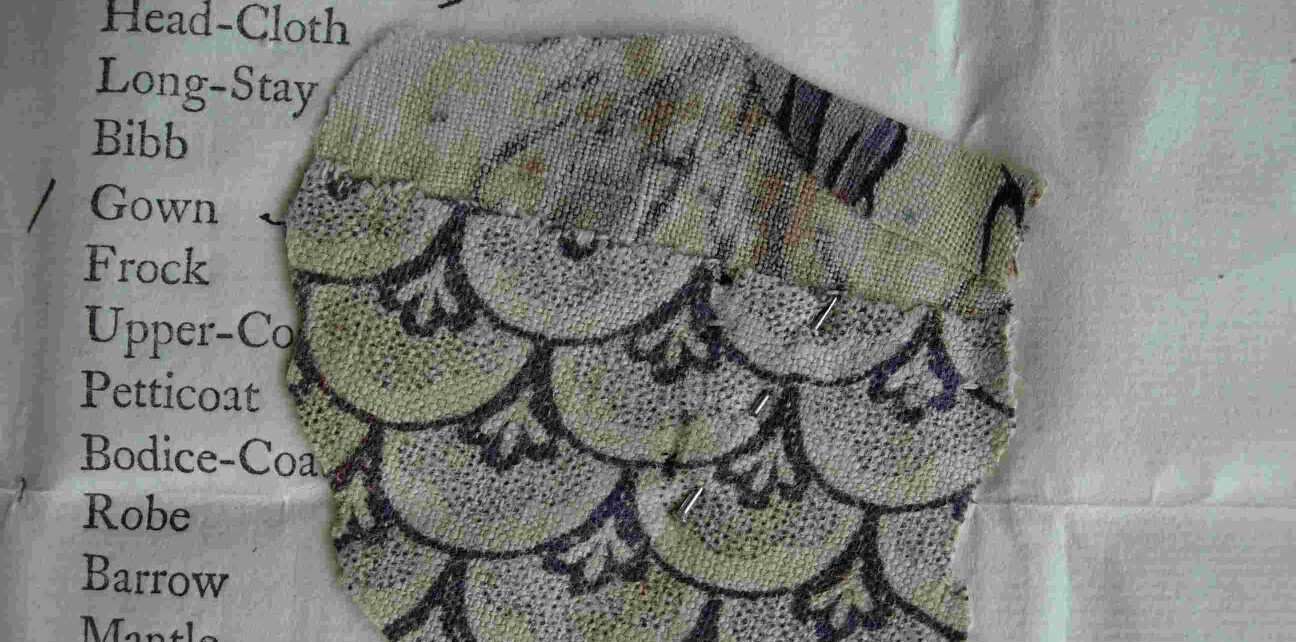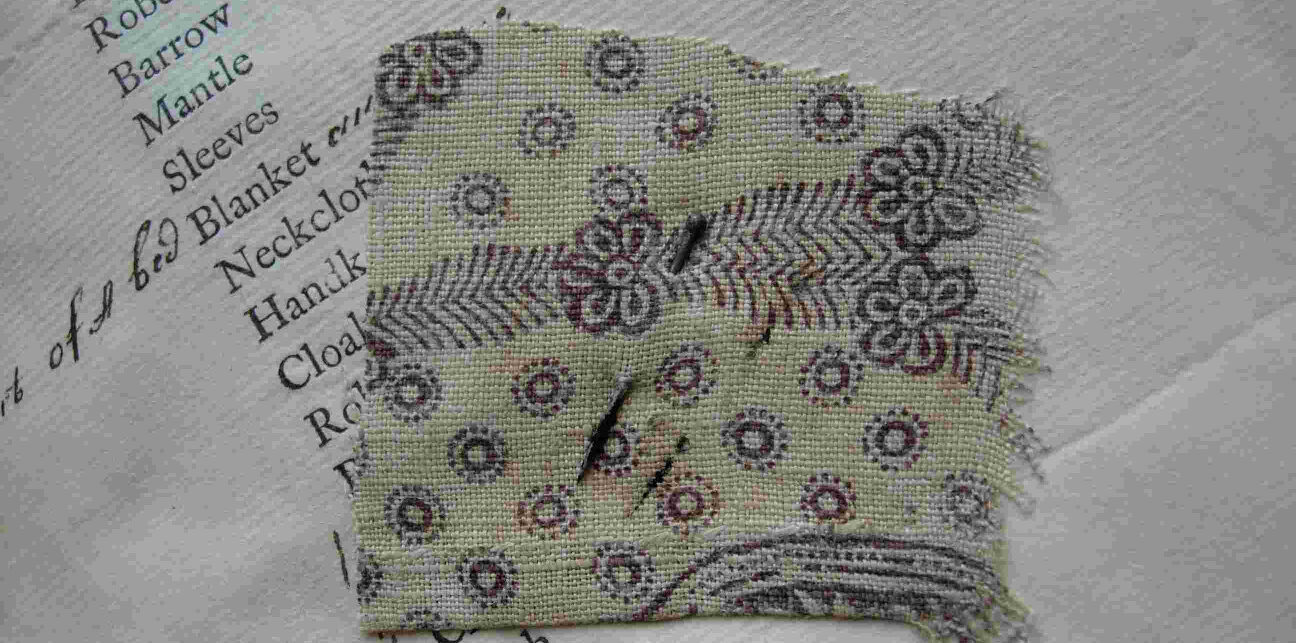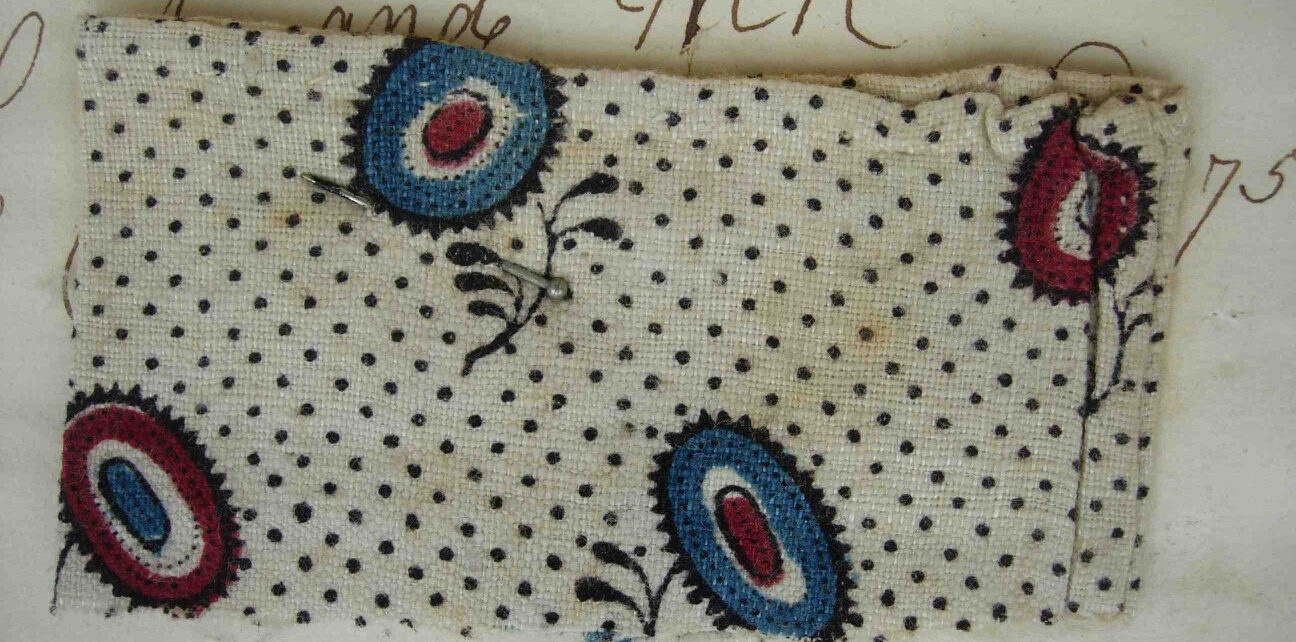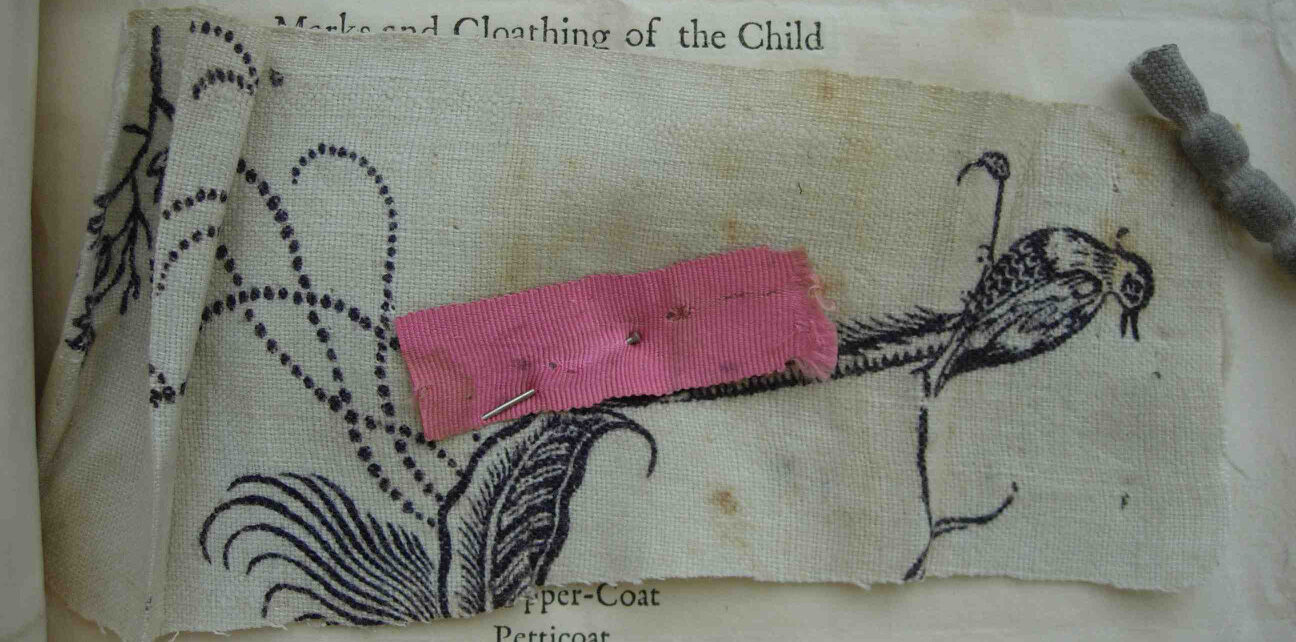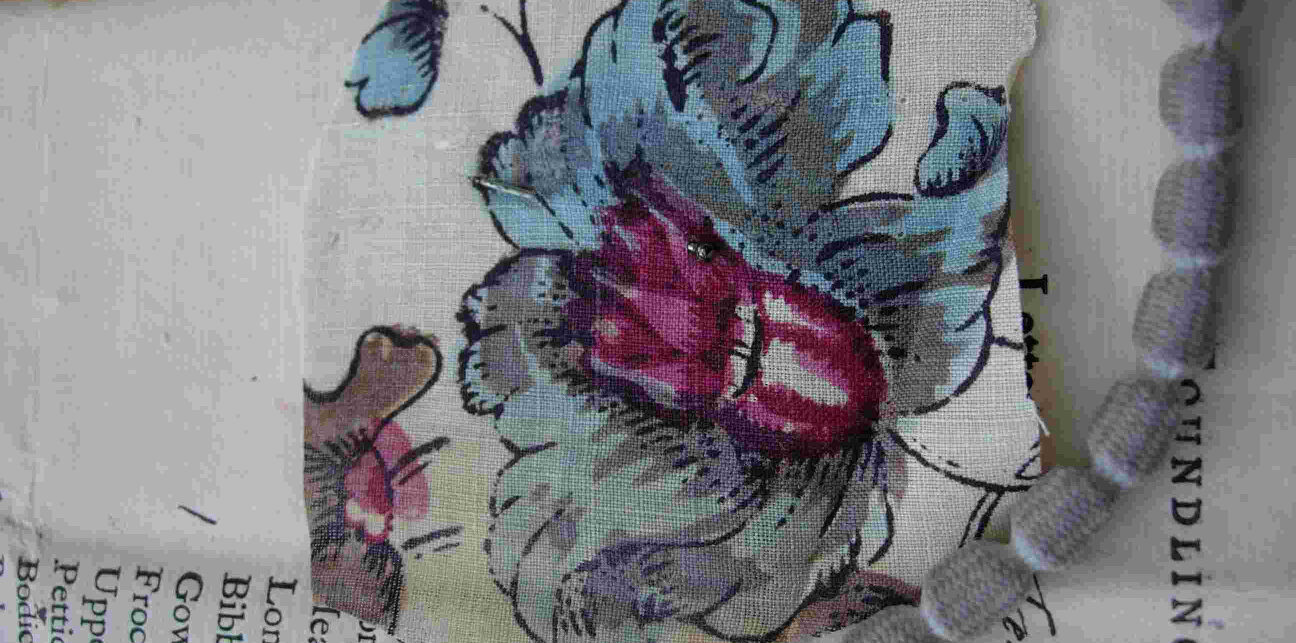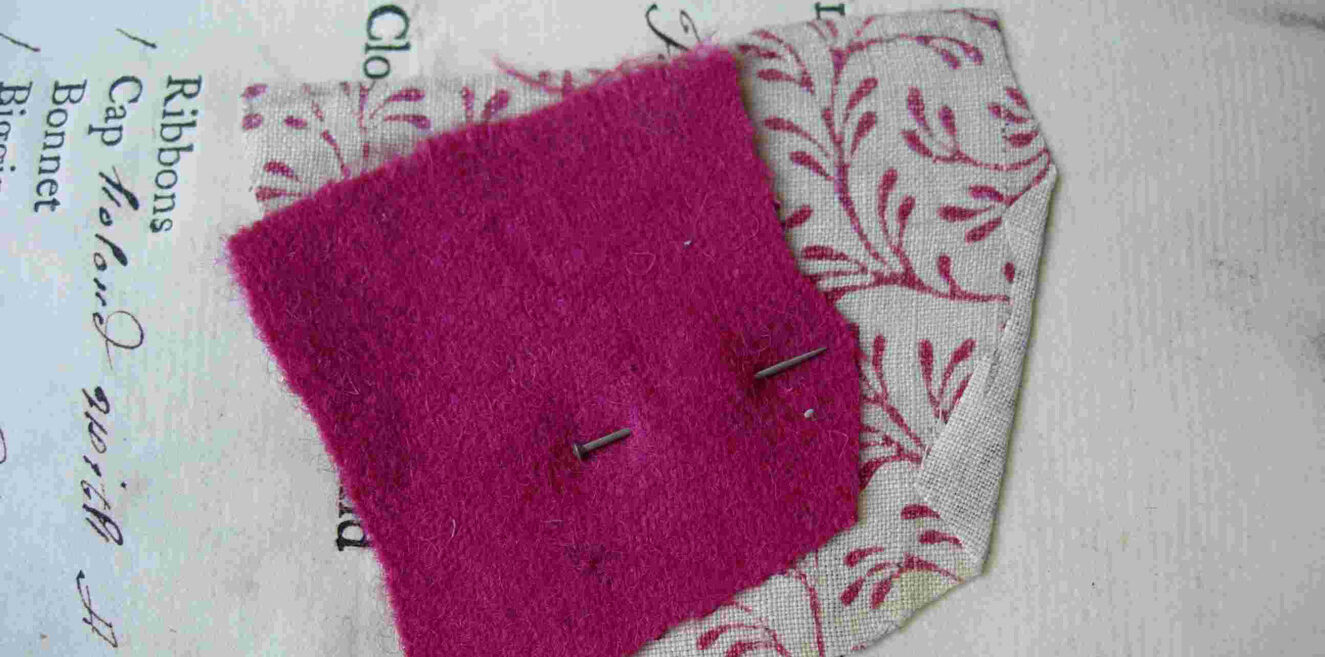What would you give to the person you love most, if you might never see them again? What if that person was your child?
In the 18th Century, unimaginable destitution and poverty meant that many unmarried mothers faced abandoning their infants by the roadside, having no means to shelter and feed them themselves.
When the Foundling Hospital was established, there was hope that these children might survive. What is more, the Foundling Hospital made it possible for mothers to reclaim their babies if their circumstances changed. Each baby left in its care was registered with a number and information to assist future identification. On the printed registration forms or ‘billets’, the gender of the child was noted, along with the clothes it was wearing, and any special distinguishing marks.
In addition, the Hospital encouraged mothers to supply a ‘token’, which might be a note, or a small object, to be kept as an identifier should she ever come back to collect her baby. They left coins, scraps of ribbon, or even a button from their coat. “Pray let particular care be taken of this little child,” read one note pinned to the clothing of little Florella Burley, born on 19 June 1758. “You have my heart, though we must part”, was the engraving on another heart-shaped, silver-coloured token. James and Elizabeth hoped to reclaim their daughter Ann, their note promising to “have her home again when they get over the little trouble they are in”.
The overwhelming majority of the tokens were little pieces of fabric, often with an accompanying letter or statement. They were kept in Coram’s billet books as an identifying record for more than 4,000 babies handed to the Hospital between 1741 and 1760. Amounting to some 5,000 individual items attached to registration forms and bound up into ledgers, they form the largest collection of everyday textiles surviving in Britain from the 18th Century.
Because of their purpose to identify a child, they consist mainly of patterned and colourful fabrics. But there are also many examples of plain fabrics worn by ordinary women.
In the 18th Century, material literacy, where certain objects were used to mark events, express allegiances and forge relationships, was familiar and widely shared and often, the hopes the mothers invested in their babies were expressed in the fabric. Fabric showing an acorn or a bud might suggest new growth, a bird or a butterfly the chance to fly free, a flower the capacity to blossom and fruit.
But the most direct expressions of maternal emotion found among the tokens are those that showed a heart, by then a well established symbol of love. Foundling mothers left ‘hearts’ playing cards, embroidered hearts, hearts cut out of fabric and even, in the case of one baby boy, a gown printed with a hearts playing-card pattern.


